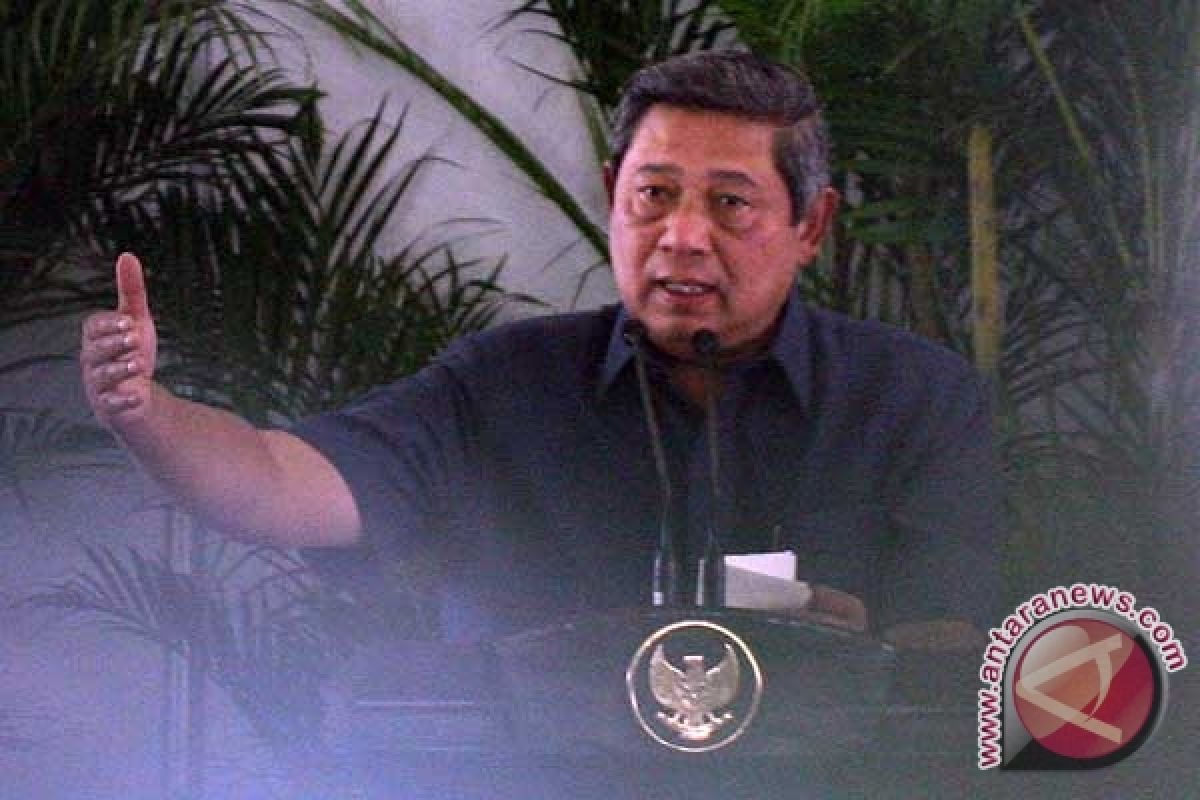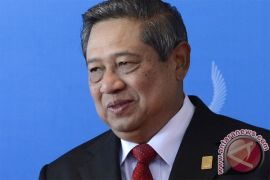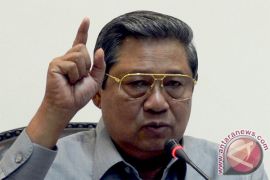"The subsidy`s amount is huge, and if it continues to increase and out of control, it will affect our macro economic."Jakarta (ANTARA News) - President Susilo Bambang Yudhoyono has ordered all regional heads to join a movement to save fuel and electricity to support national energy resilience.
"I hope all leaders in the central and regions can launch movements to save electricity and fuel in particular. If necessary, the regional administrations can issue regulations or use whatever instrument to ensure saving," the head of state said here Thursday when officially opening the National Development Plan Congress.
He pointed out that the price of crude oil keeps on increasing. At the same time, Indonesia is still applying a policy to subsidize fuel and electricity using fuel.
"The subsidy`s amount is huge, and if it continues to increase and out of control, it will affect our macro economic," he said.
Too big subsidy will absorb the budget allocated for education, health, poverty eradication, and infrastructure development.
President Yudhoyono also instructed a movement to strengthen the food resilience following the food price hikes worldwide.
"Fluctuations of food and energy prices in the world are still going on," he said.
The price hikes have negative impact on the poor people. The World Bank has even issued a statement saying that tens of millions of people in the world are categorized as in the poverty line.
The head of state urged all concerned parties to guard the food resilience by increasing the food production and food price stability.
Meanwhile, the world`s poor face daunting realities amid worldwide food price spikes, which threaten local economies in the short term and impede long term economic development, an economist with the World Bank told China`s Xinhua news agency.
In the face of food price hikes, families were forced to tighten budget and make cutbacks, fewer trips to local hospitals, fewer meals and less nutritious food, said Hassan Zaman, lead economist in the Poverty Reduction and Economic Management group at the World Bank.
"Those are the consequences that poor families face and very difficult choices they face," he said.
(Uu.F001/HAJM)
Editor: Priyambodo RH
Copyright © ANTARA 2011









